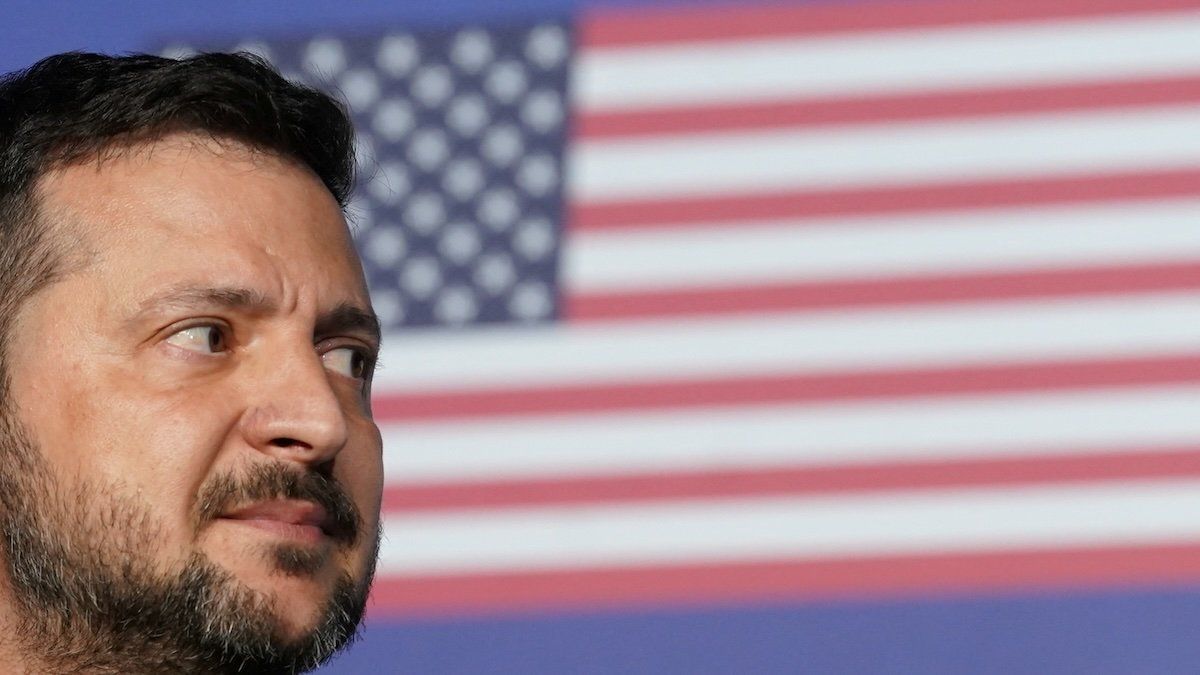50 billion: G7 allies are giving Ukraine a $50 billion loan backed by the profits of frozen Russian assets. “Ukraine can receive the assistance it needs now, without burdening taxpayers,” President Joe Bidensaid in a statement on Wednesday. The money will begin to be distributed by the end of the year.
5: At least five people were killed and 22 more injured in an attack on an aerospace facility in Turkey on the outskirts of Ankara on Wednesday. Two attackers, a man and a woman, were also killed. The Turkish government is describing the incident as a terrorist attack and blaming it on Kurdish militants.
42: Israeli strikes reportedly killed at least 42 people across Gaza on Wednesday amid rising concerns over the humanitarian situation in the enclave as the Jewish state escalates its siege of northern Gaza. Meanwhile, the US has been ramping up calls for a cease-fire while pressing the Israeli government on the dire conditions civilians are facing in Gaza.
1 million: The Justice Department has reportedly warned billionaire Elon Musk that his $1 million giveaway to registered voters in swing states could be illegal. The controversial sweepstakes, which comes as Musk throws his full weight behind former President Donald Trump’s campaign, has raised alarm among legal experts in recent days.
